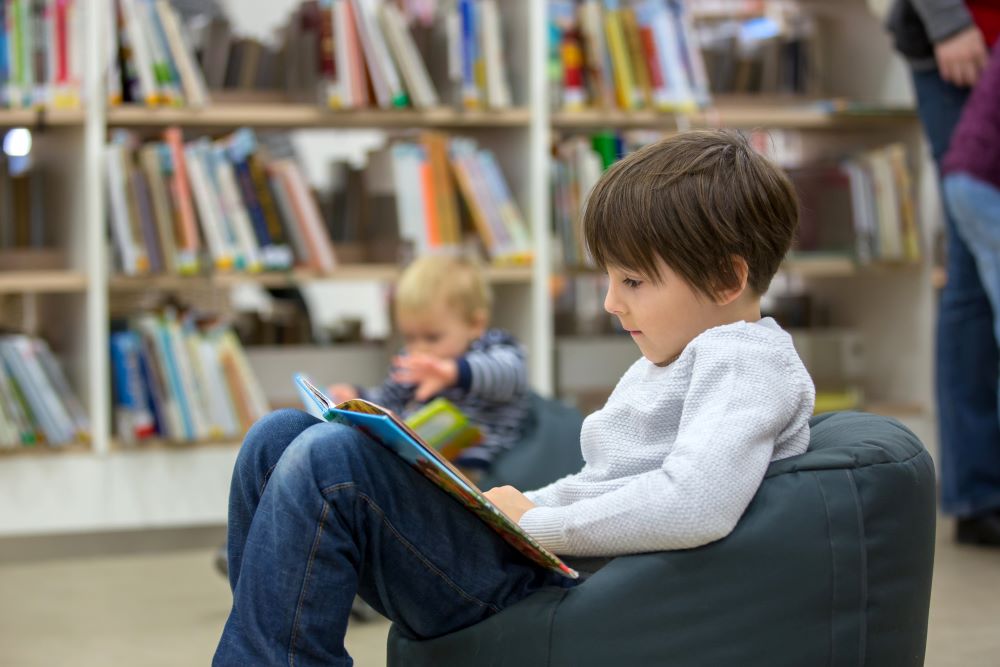
|
If your child is getting ready to move up to preschool, there are some expectations you should have for the classroom and the skills that they'll develop afterward. One trained adult should not care for more than six to 10 preschoolers at once. Importantly, smaller classes will encourage more skill development, and you'll see this change in your children when they interact with the family as a whole. Below are the skills they should have when they've graduated from preschool and are moving forward into kindergarten. 1. Express EmotionOne of the most important skills that a child in preschool should learn is to express their emotions. They will start to learn that they have different emotions, and how they react to these emotions are different. While they may want to lash out at each one, their preschool teacher will guide them to have the right responses to these emotions by setting examples of their own. A good example is clapping when another classmate does something positive. When learning through play and activities, children starting at the age of three, learn how to absorb new information through positive emotions such as joy, meaningfulness, and social interactions. 2. CommunicateNot all children have siblings at home, so they will need to learn how to interact with others. In a preschool setting, they have access to other children their age, and they will have to learn how to exist in this space with those children. This means that they have to learn to use their words to express what they want and learn how to share some of the different toys and items in the room. Some of the children in the room may not develop at the same rate or have disorders that impact their communication. According to The College of St. Scholastica, nearly 80% of children with autism have sensory processing problems, which can impact their communication. These preschoolers will learn what behaviors are accepted and what aren't when they're communicating with others. 3. Start CountingAs a preschooler, these children should be introduced to numbers. While they don't need to know every number right away, they must learn up to 10 so that they can recognize all the different digits in the system. Counting can be included in other activities and used as a way to encourage sharing between that child and others in their classroom. 4. Recognize LettersOnce they move into kindergarten, they will be learning to read. In preschool, they should at least learn all their letters and the sounds that they make. This will help guide them as they start to read and learn how to sound out words. With these letters, they can learn to spell their names and start knowing how to recognize them and their family name. Letters are a part of crafts, songs, and different activities throughout the preschool classroom, with many spending a week at a time on a letter so that they get acquainted with it. 5. Know ShapesAnother important skill that preschools should develop while they're in the classroom is recognizing shapes and different things associated with those shapes. When they're younger, they learn basic shapes, but preschool gets them acquainted with shapes like the octagon, which is the same shape as a stop sign. This will help them make connections in public when they are developing in the future. While your child may be ready for preschool, you may have to mentally prepare yourself and your family for the changes that are coming. Your child will start to develop these skills quickly because they are interacting with others several times a week or every day. By the end of their program, they should have these skills mastered and be ready to move forward to the next phase, especially with some friends in tow. |


























